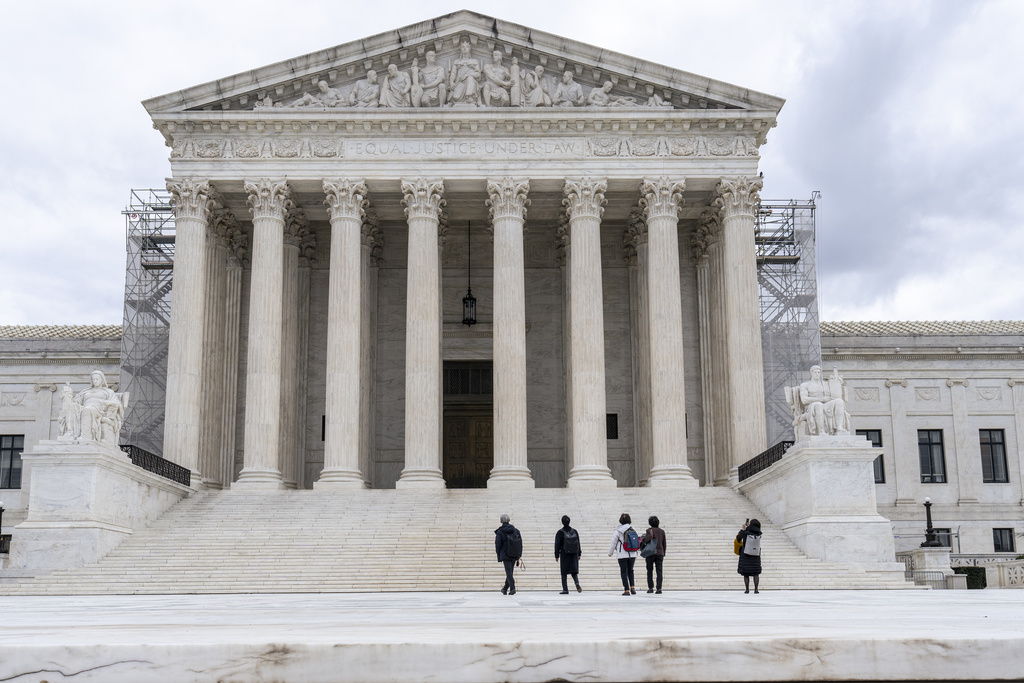The Supreme Court heard arguments in a case involving Republican-led states challenging the Biden administration’s efforts to combat controversial social media posts on topics like COVID-19 and election security. The states accused the administration of pressuring social media platforms to silence conservative viewpoints, but the justices seemed skeptical of these claims. Lower courts had ruled in favor of the states, but the Supreme Court blocked those rulings while it considers the issue.
During the arguments, Justice Amy Coney Barrett expressed surprise at the idea that the FBI could call social media platforms to request the removal of posts sharing someone’s personal information without permission. Justice Brett Kavanaugh also raised concerns about the potential impact of a ruling for the states on everyday communications between government officials and social media platforms. The case is part of a series of cases the court is considering that involve social media companies and free speech, including standards for public officials blocking followers and laws in Florida and Texas restricting social media companies from removing posts based on their content.
The outcome of this case could have significant implications for free speech in the digital age. The justices appeared to be weighing the balance between protecting free speech rights and allowing the government to regulate potentially harmful content on social media platforms. The Biden administration argues that it has a responsibility to combat misinformation and disinformation, especially on issues like COVID-19 and election security, but the states argue that such efforts infringe on free speech rights.
The Supreme Court’s decision in this case could set standards for how far the federal government can go in regulating social media content. The justices’ skepticism towards the states’ arguments suggests that they may be inclined to side with the Biden administration. However, the court’s ruling will have far-reaching implications for how social media companies operate and how the government interacts with these platforms. It remains to be seen how the court will balance these competing interests and what impact its decision will have on free speech in the digital age.
Overall, the case before the Supreme Court highlights the complex and evolving nature of free speech rights in the digital age. As social media platforms play an increasingly prominent role in public discourse, questions about how to regulate content while protecting free speech rights have become more pressing. The court’s decision in this case will likely have a lasting impact on how these issues are addressed in the future.









